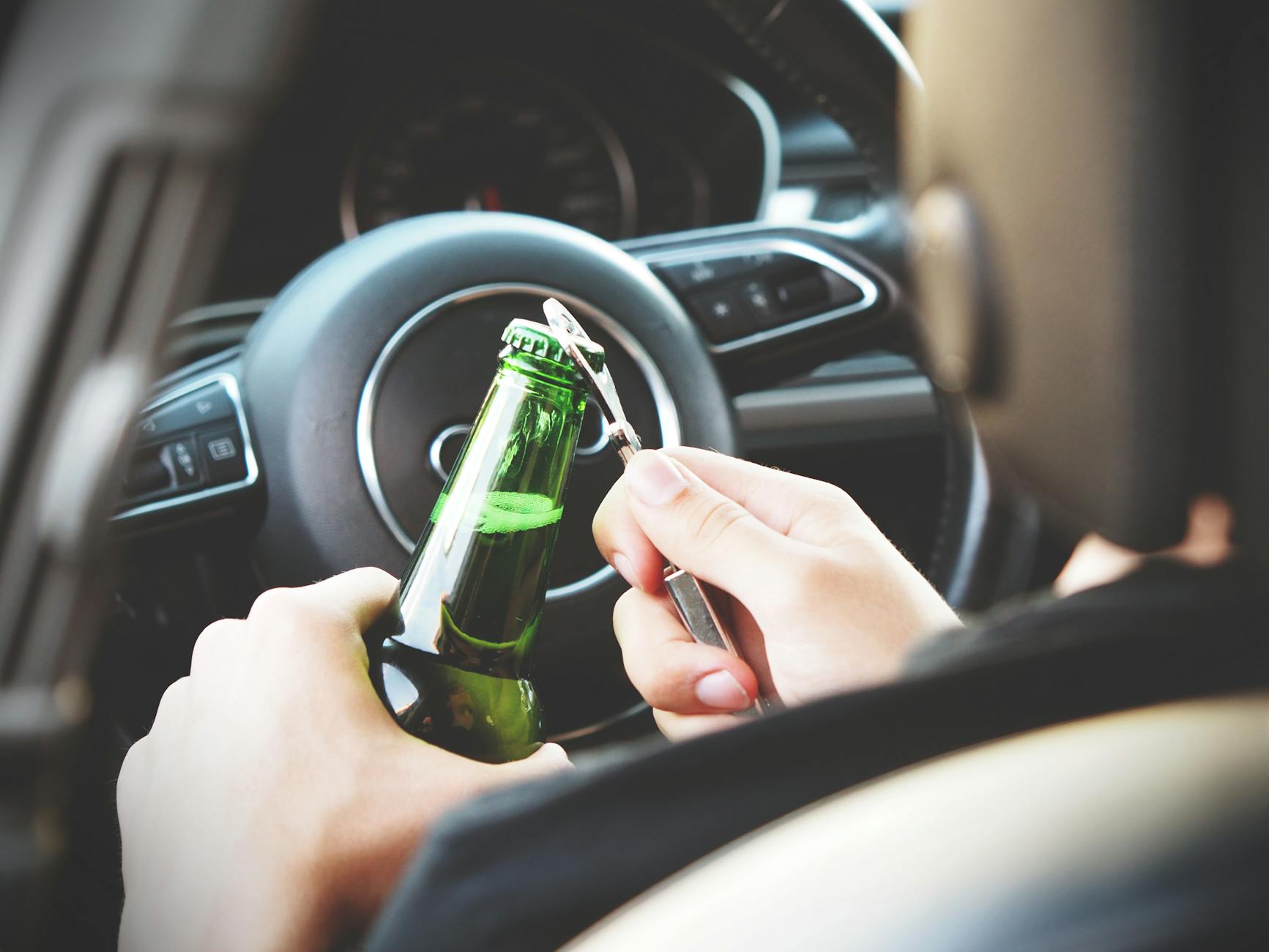Unlock the mystery of alcohol intoxication with our ultimate guide – discover how many beers it takes to get drunk.

Image courtesy of energepic.com via Pexels
Table of Contents
Have you ever wondered how many beers it takes to get drunk? It’s a common question that many individuals have pondered at some point. Understanding the science behind alcohol metabolism, individual tolerance levels, and the various factors influencing intoxication can shed light on this intriguing question. In this comprehensive blog post, we will delve deep into the topic to provide you with a better understanding of how alcohol affects the body and how many beers it may take for you to reach a state of intoxication.
Alcohol Metabolism
Alcohol metabolism is a complex process that takes place in the liver. When you consume alcohol, enzymes in the liver break it down into acetaldehyde, a toxic substance that is then further metabolized into acetate and eventually eliminated from the body. The rate at which alcohol is metabolized can vary from person to person and is influenced by a variety of factors.
Men generally metabolize alcohol at a faster rate than women due to differences in body composition and enzyme levels. Additionally, factors such as age, weight, and genetics can affect how quickly the body processes alcohol. Younger individuals tend to metabolize alcohol more slowly, while heavier individuals may be able to process alcohol more efficiently.
Individual Tolerance Levels
Tolerance refers to the body’s ability to handle increasing amounts of alcohol without experiencing the same level of intoxication. Regular alcohol consumption can lead to an increase in Tolerance levels, making it harder for an individual to feel drunk even after consuming multiple drinks. Tolerance levels can vary significantly from person to person and can be influenced by a variety of factors.
Factors such as hydration, food intake, and overall health can all play a role in determining an individual’s tolerance to alcohol. Staying hydrated and consuming food before drinking can help slow the absorption of alcohol into the bloodstream, potentially reducing the likelihood of becoming drunk quickly.
Factors Influencing Intoxication
Various factors can influence how quickly someone becomes intoxicated after consuming alcohol. The alcohol content of different types of beer, for example, can impact how many drinks it takes to get drunk. Beers with higher alcohol by volume (ABV) levels will result in faster intoxication compared to lower ABV beers.
It’s also important to consider how mixing alcohol with other substances, such as medications or energy drinks, can affect intoxication levels. Combining alcohol with certain medications can amplify its effects and increase the risk of adverse reactions. Similarly, mixing alcohol with energy drinks can mask the symptoms of intoxication, potentially leading to overconsumption.
When it comes to drinking responsibly, knowing your limits and recognizing when to stop is crucial. Listening to your body and understanding the effects of alcohol on your system can help prevent reaching dangerous levels of intoxication. Remember, it’s always better to err on the side of caution and consume alcohol in moderation to ensure your safety and well-being.
FAQ
How many beers does it take to get drunk?
The number of beers required to get drunk varies for each individual based on factors like weight, tolerance, and alcohol content of the beer. Generally, excessive drinking can lead to intoxication, so it’s important to drink responsibly.
Does the type of beer affect intoxication levels?
Yes, beers with higher alcohol by volume (ABV) levels can lead to faster intoxication compared to lower ABV beers. It’s crucial to be aware of the alcohol content in different types of beer to gauge how many drinks it may take to get drunk.
How does individual tolerance impact alcohol intoxication?
Individual tolerance levels can influence how quickly someone becomes intoxicated. Factors like hydration, food intake, and overall health play a role in determining tolerance. Regular alcohol consumption can also increase tolerance levels, making it harder to feel drunk even after consuming multiple drinks.
What factors can influence how quickly someone gets drunk?
Various factors can impact intoxication levels, such as alcohol content, mixing alcohol with medications or energy drinks, and overall consumption rate. Understanding these factors and knowing your limits can help you drink responsibly and avoid dangerous levels of intoxication.
Generated by Texta.ai Blog Automation
Leave a Reply